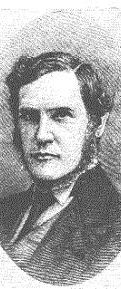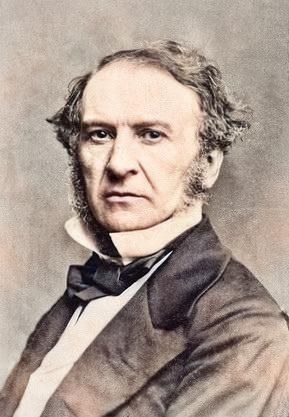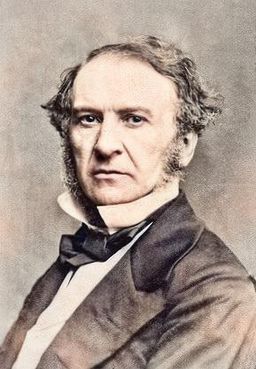
William Henry Gladstone
(1840–1891)
Gladstone’s eldest son was born in Hawarden, Flintshire, Wales. He attended Eton College and read Greek and Latin at Christ Church, Oxford University. He was an MP for a total of 20 years, representing Chester for 3, Whitby for 12 and East Worcestershire for 5.
A singer and organist, he was well versed in musical history, especially the development of Anglican church music. One of the views he expressed was that choral church services were to be deplored because "the choirs often discourage the congregations from singing"! He wrote the anthems "Gracious and Righteous" and "Withdraw Not Thou" and also composed the hymn tunes Hammersmith, to which "Dear Lord and Father of Mankind" is sometimes set, and Ombersley, sometimes used for "Lord of All Being, Throned Afar".
William also played for Scotland in the first unofficial England v Scotland Football International in 1870.
When his mother's brother Sir Stephen Glynne died without heirs in 1874, William inherited the Glynne estates, including Hawarden Castle, where William Gladstone’s family had always lived.
He was appointed High Sheriff of Flintshire in 1888. He died in London on 4 July 1891; his son William Glynne Charles Gladstone inherited the Hawarden Estate. William Henry's funeral at Hawarden was extremely well attended, and the poor of the parish were said to have "unmistakably felt that they had lost a most kind and generous benefactor".
This website is committed to the works and memory of William Gladstone. It is an independent project. © Copyright. All rights reserved.

